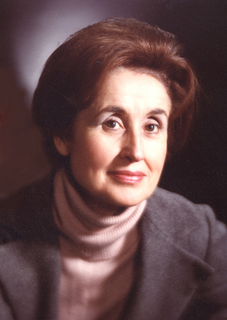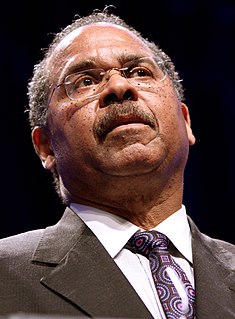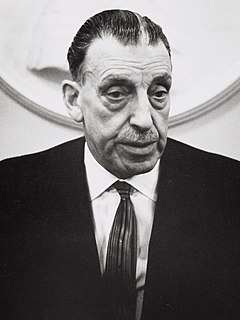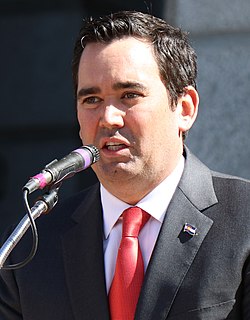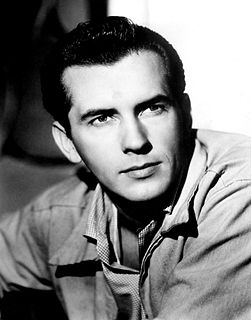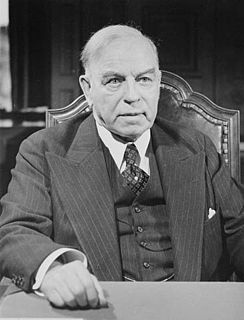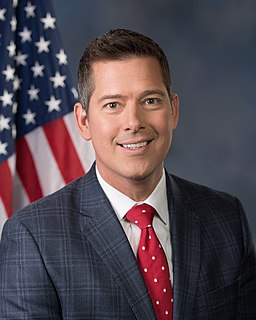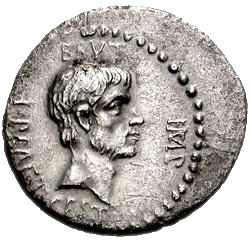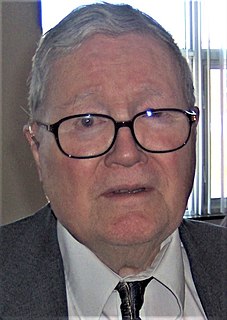A Quote by George Will
Obama, startled that components of government behave as interest groups, seems utterly unfamiliar with public choice theory. It demystifies and de-romanticizes politics by applying economic analysis - how incentives influence behavior - to government.
Related Quotes
... between government, business, and the public, there is a triangular community of interest. Clearly, it is in business' interest to shape its behavior to prevailing public values; it is more efficient to do so than not to do so. It is also clear that government is the high-cost alternative through which public values are imposed on corporations that do not accurately perceive these values.
When people abuse these freedoms to enrich themselves at the expense of others, then the public will demand the government to step in. That is how government grows, and how freedom is diminished.... When financial meltdowns occur, the public's outrage drives government to take over part of the private sector. When the government does so, it replaces irresponsible executives with unaccountable bureaucrats. That takes us out of the frying pan and into the fire.
RTE was set up by legislation as an instrument of public policy, and, as such is responsible to the government. The government have overall responsibility for its conduct, and especially the obligation to ensure that its programmes do not offend against the public interest or conflict with national policy as defined in legislation. To this extent the government rejected the view that RTE should be, either generally or in regard to its current affairs programmes, completely independent of government supervision.
In a clean break from the Obama years, and frankly from the years before this president, we will keep federal spending at 20 percent of GDP, or less. That is enough. The choice is whether to put hard limits on economic growth, or hard limits on the size of government, and we choose to limit government.
The philosophy of praxis does not aim at the peaceful resolution of existing contradictions in history and society, but is the very theory of these contradictions. It is not the instrument of government of the dominant groups in order to gain the consent and exercise hegemony over the subaltern classes. It is the expression of subaltern classes who want to educate themselves in the art of government and who have an interest in knowing all truths, even the unpleasant ones, and in avoiding the impossible deceptions of the upper class, and even more their own.
A much more radical conclusion . . . that, so far as I know, is shared by only a very few students of public choice [is]: that government employees or people who draw the bulk of their income from government by other means should be deprived of the vote . . . It is another example of the opening up of alternatives for investigation and the presentation of new conceivable policy options characteristic of public choice, rather than a policy that all its students favor.

